Organics in Scotland Video Series
3 April 2023Whether you’re considering conversion to organic farming or you’re looking at introducing a different enterprise on your organic farm, the videos in this series look at three different organic farming businesses and how they are managed. All three farms have been organic for more than ten years, and run successful businesses.
The three case study farms listed below were selected to highlight different organic farming enterprises and show the diversity of enterprises and marketing methods of organic produce in Scotland.

Organic Farmers
Knock Farm, Huntly
Beef / Sheep / Arable (by kind permission of Roger Polson & family)
Bridgefoot Organics, Newmachar
Market Gardening (by kind permission of Bridgefoot Organics Cooperative)
Lower Mill of Tynet Farm, Buckie
Poultry / Dairy / Arable (by kind permission of Gordon & June Whiteford)
Knock Farm
Knock Farm is a diverse mixed farm, extending to 440ha (1100 acres) in Aberdeenshire, with a mixture of rough grazing, woodland, permanent grassland and rotational arable/grassland. The farm and the farming system operated at Knock suited many of the agri-environment schemes available in the past (prior to going organic in 2006) and helped to increase the diversity of habitats on farm.
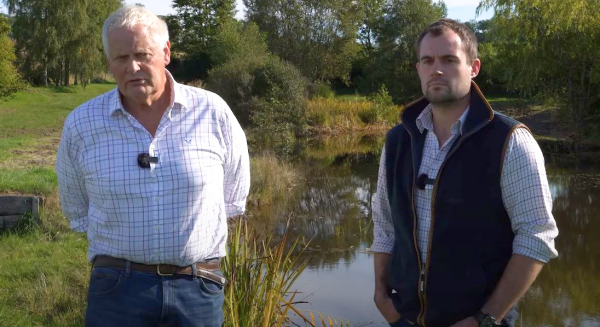
According to Roger, going organic “put a new challenge into farming.” and he explains why he went organic.
Establishing a good rotation on the arable rotational land and suitable stocking rates has helped provide a focus to maintain a sustainable mixed farming system, and the video explains the cropping rotation and livestock systems operating on farm. This covers good basic agricultural techniques such as utilizing clean grazing systems and using clover/legume based crops to build fertility, along with more novel approaches to problems such as weeds on farm.
With a succession plan in place, Roger intends to hand the running of the farm over to his daughter (Nicky) and her partner (Tom Mutter) in the future. Tom explains how data and the use of technology in organic framing is also helping to benefit the farm.
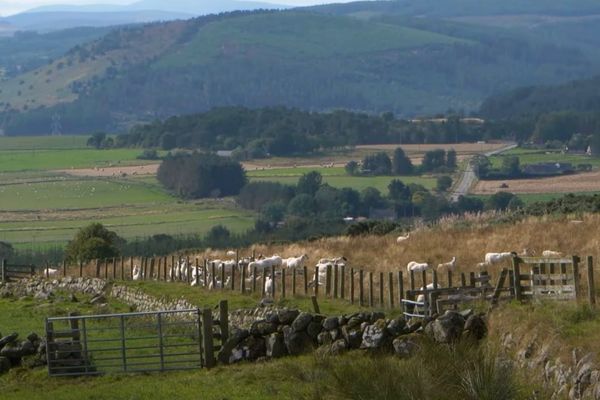
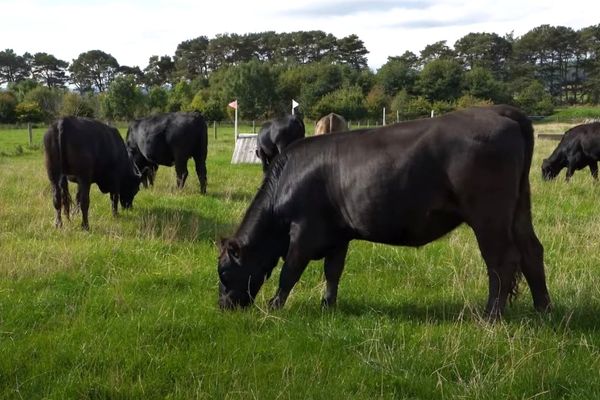
Bridgefoot Organics
Bridgefoot Organics is a long established organic market garden, originally started by Colin Ward in the early 1990’s. Due to the small size of the farm, vegetable production was seen as a suitable way to increase the income on the farm. The farm is now run within a cooperative structure with the workers on the farm, due to Colin’s retirement, and runs a box vegetable scheme delivering to customers in Aberdeen and the surrounding area.
The box vegetable scheme runs for 50 weeks of the year, therefore an all year round range of vegetables are grown, with a mixture of polytunnel and field crops grown. Polytunnels are used to help propagate seedling vegetables in the spring, as well as extend the growing season and provide more heat and shelter to some more diverse vegetables for the box scheme.
A good rotation is key to provide fertility, with a mixture of techniques described to build and maintain the nutrient status of the land, as well as minimize pests and diseases.
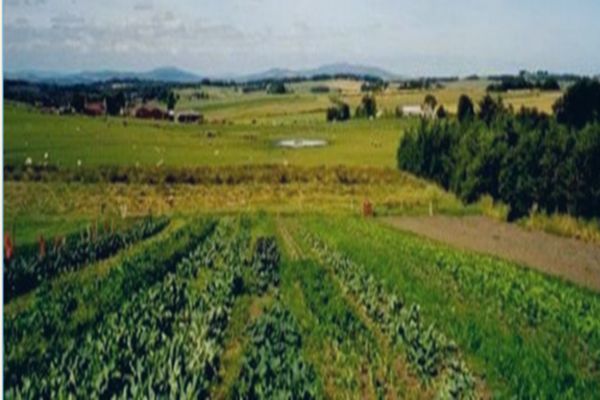
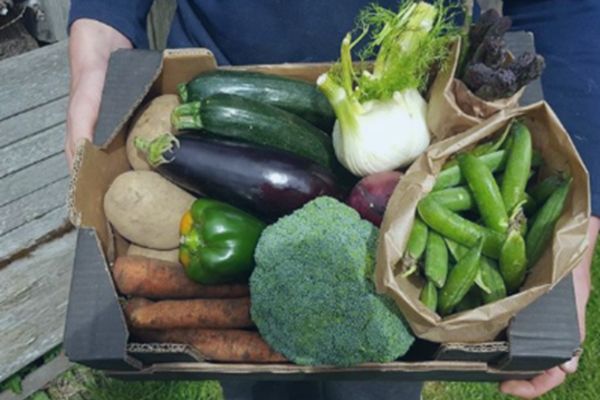
Lower Mill of Tynet
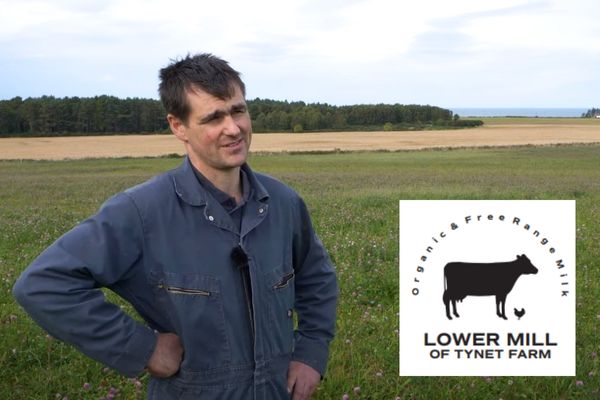
Gordon & June Whiteford are 1st generation farmers who have built up their farming business over the last 10 years, running a mixed farming system with poultry, dairy and arable enterprises. Their story is an inspiring one of continual investment into building up a sustainable farming business, that has taken Gordon around the world as a Nuffield Farming Scholar to learn more about poultry farming and the benefits of white feathered hens. The farm’s philosophy is to add diversity and build resilience to spread the risk and as Gordon says “not put your eggs all into one basket”.
The video highlights how the business is as self sufficient as possible, with Gordon using intercropping of cereals and grain legumes to reduce dependance on soya for the poultry enterprise and utilizing organic cereals grown on farm or from other local organic farmers. All the forage and feed for the dairy enterprise is grown on farm, and Gordon explains how he tries to maintain a closed loop system recycling as much nutrients on farm as possible with a rotation that helps benefit soil health as well as wildlife biodiversity on farm.
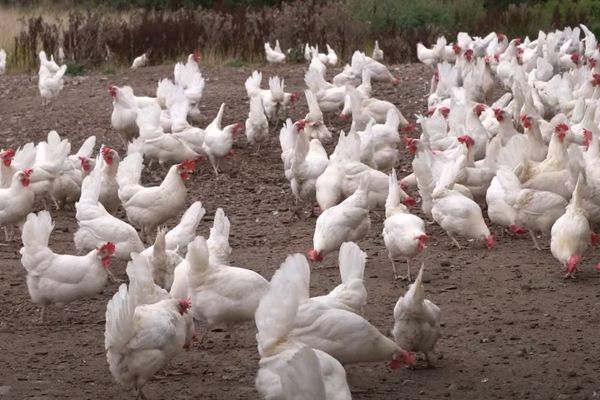
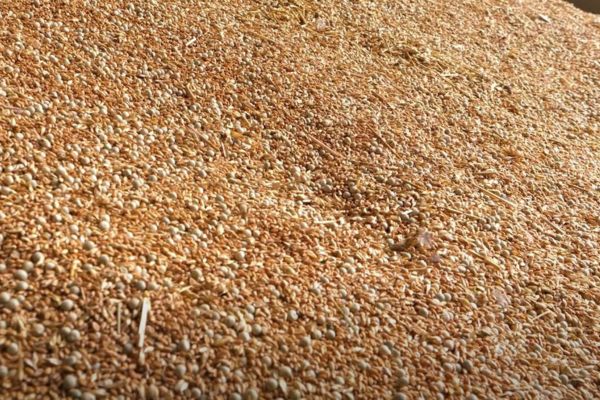
Sign up to the FAS newsletter
Receive updates on news, events and publications from Scotland’s Farm Advisory Service
